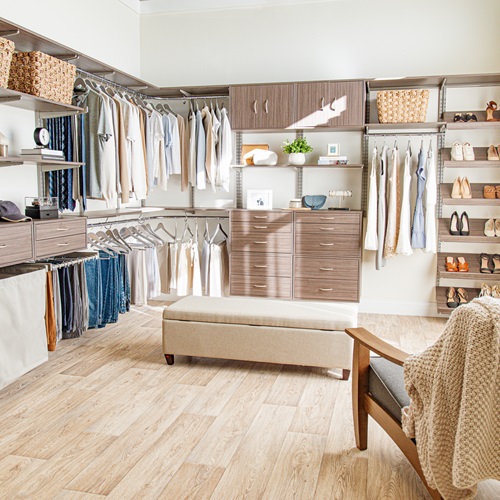May is Mental Health Awareness Month — a time to reflect on how environments influence emotional wellness. For Multifamily professionals, it’s also an opportunity to rethink how thoughtful design can directly support the health and happiness of your Residents.
Well-designed and accessible storage is one of the most impactful yet often overlooked contributors to Residents' well-being. Organized spaces do more than look good; they improve mental clarity, reduce stress, and help Residents feel more at home, longer.
1. Clutter Is a Wellness Issue — Not Just a Design Flaw
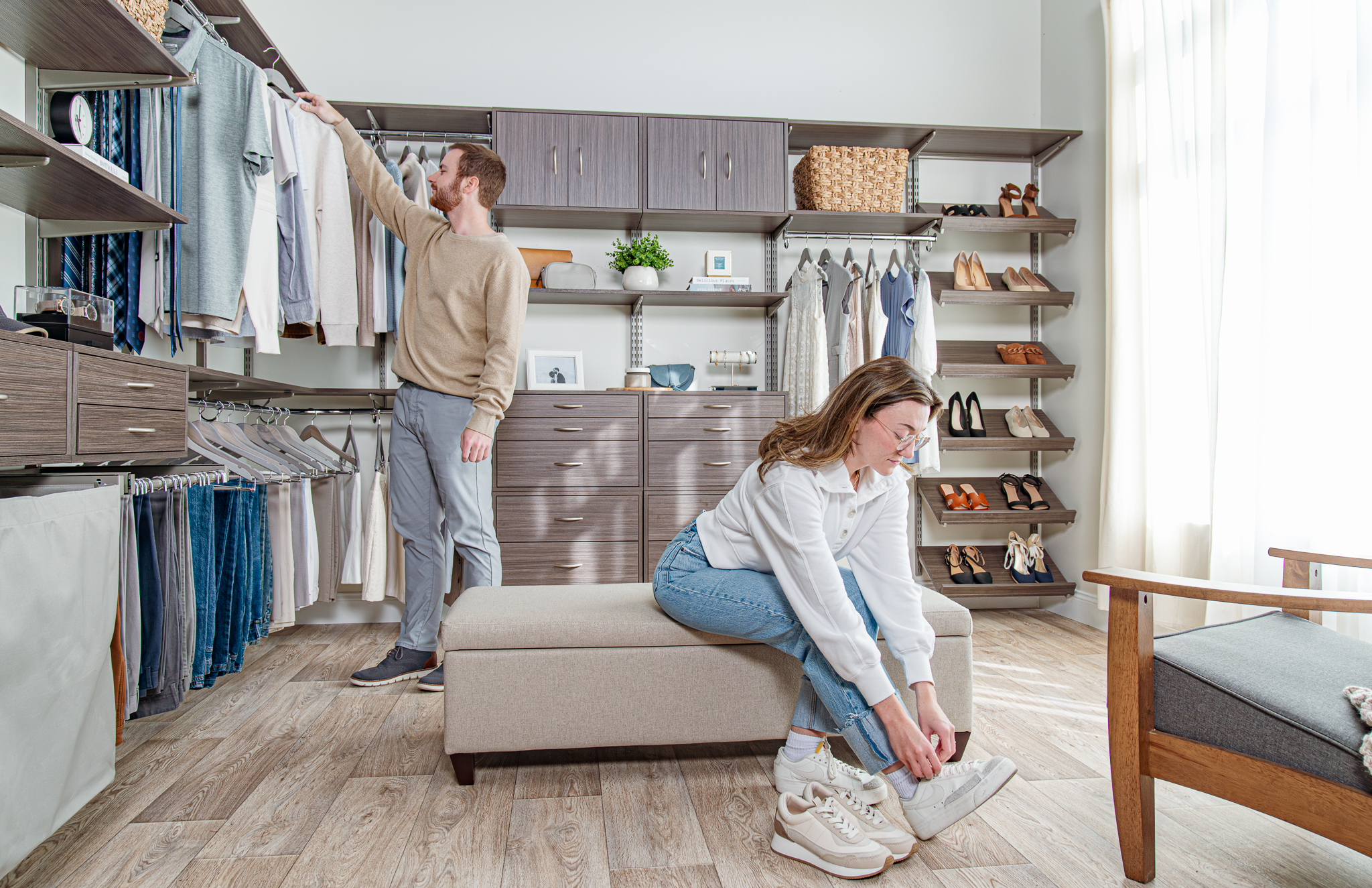
Our physical environments affect our psychological state. A study published by Neuroscience News highlights that cluttered environments can lead to cognitive overload, as the brain struggles to prioritize attention amidst distractions. This overload can result in increased stress and anxiety, with women potentially experiencing heightened stress levels due to societal expectations and roles. Overstimulating or disorganized spaces overwhelm cognitive processing, making it harder for residents to relax, focus, or feel in control, especially in compact living environments like apartments.
For Residents, this often translates to a quiet sense of daily tension — one that builds over time and can influence their decision to stay or leave a community.
2. Smart Storage = Preventive Wellness for Residents
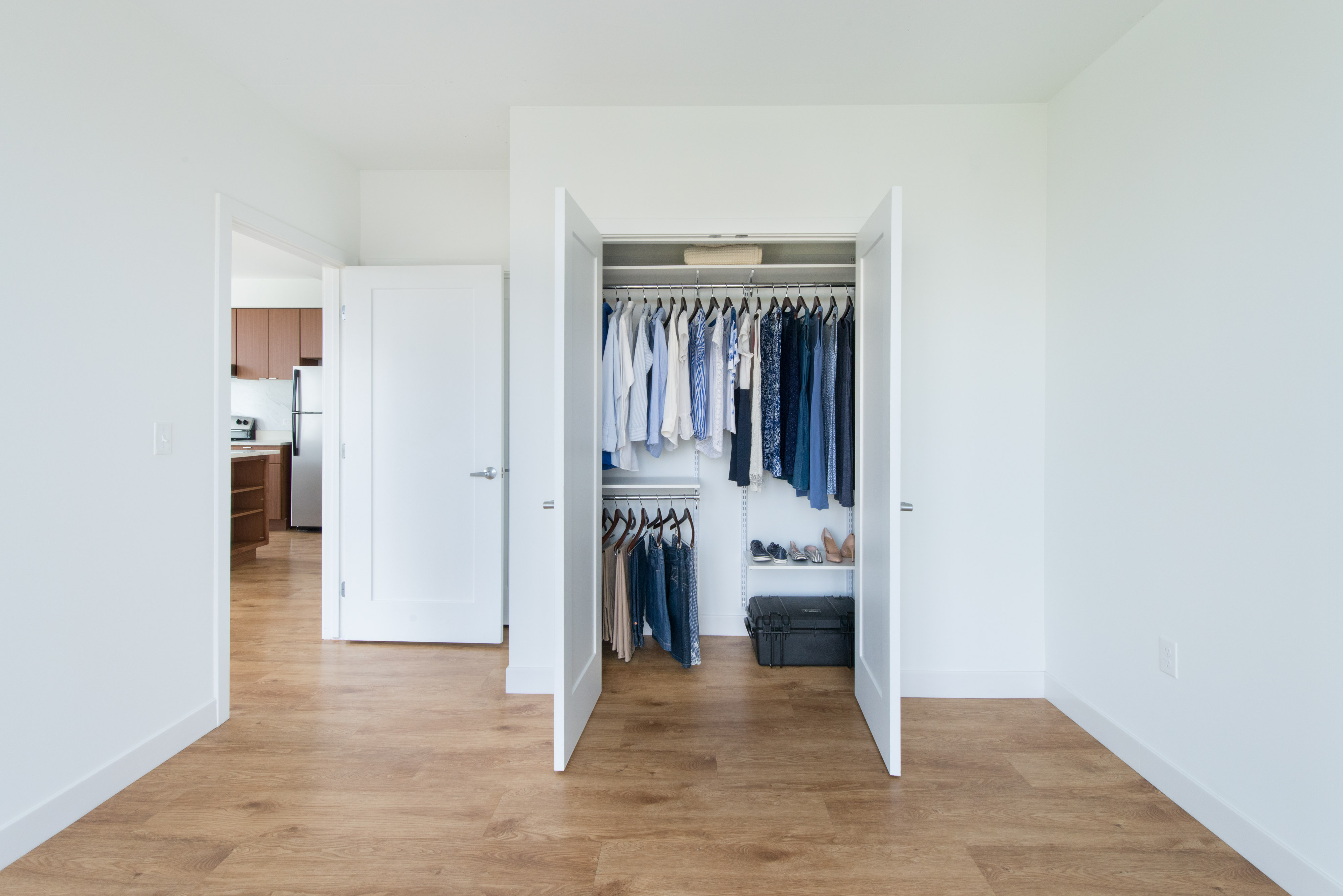
An organized home is an emotional anchor. When Residents have sufficient storage and storage that makes sense, it becomes easier for them to build routines, reduce decision fatigue, and create a sense of calm. These aren’t just lifestyle perks — they’re subtle mental health supports.
This is especially critical in high-density Multifamily housing, where space is at a premium and feelings of control are limited.
Incorporating intuitive storage systems throughout the unit, closets, entryways, pantries, and laundry helps Residents manage their space and their stress.
Psychology Insight: According to behavioral psychology, environmental cues shape habit formation. When storage is designed to be visible, accessible, and easy to use, it helps Residents make healthier choices effortlessly.
3. Designing for Well-Being Helps You Retain Residents
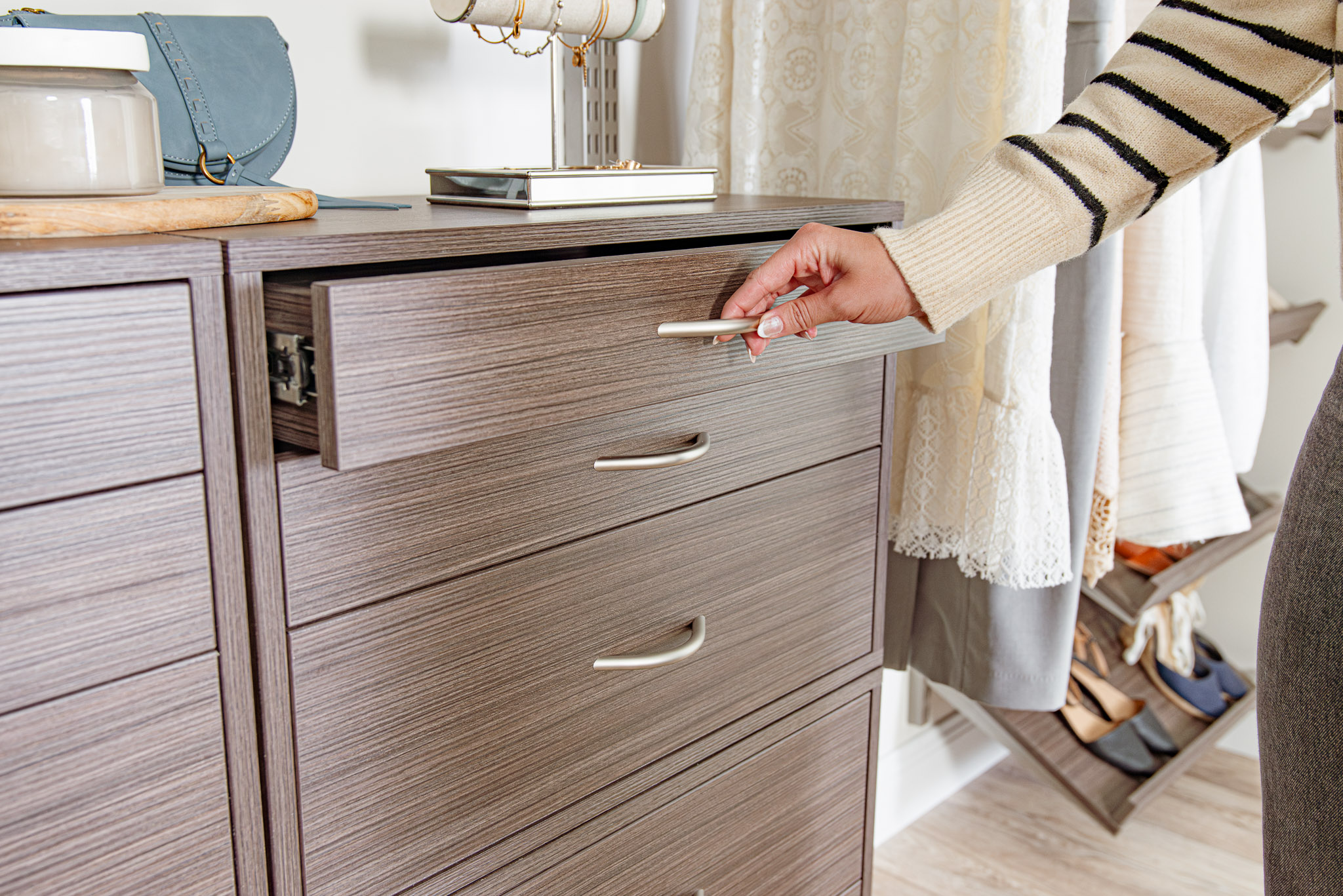
Owner/Developers and Architects who prioritize storage aren’t just improving the visual flow of a unit — they’re increasing retention, boosting satisfaction, and elevating perceived value.
Residents are more likely to renew leases when they feel their home supports their lifestyle and mental health.
Units with functional storage reduce turnover-related wear and tear, lowering maintenance costs.
Thoughtful design fosters brand trust and emotional connection, key drivers in long-term community satisfaction.
Storage isn’t just space planning — it’s part of your Resident experience strategy.
4. Start Small, Think Big: A Resident-Focused Perspective
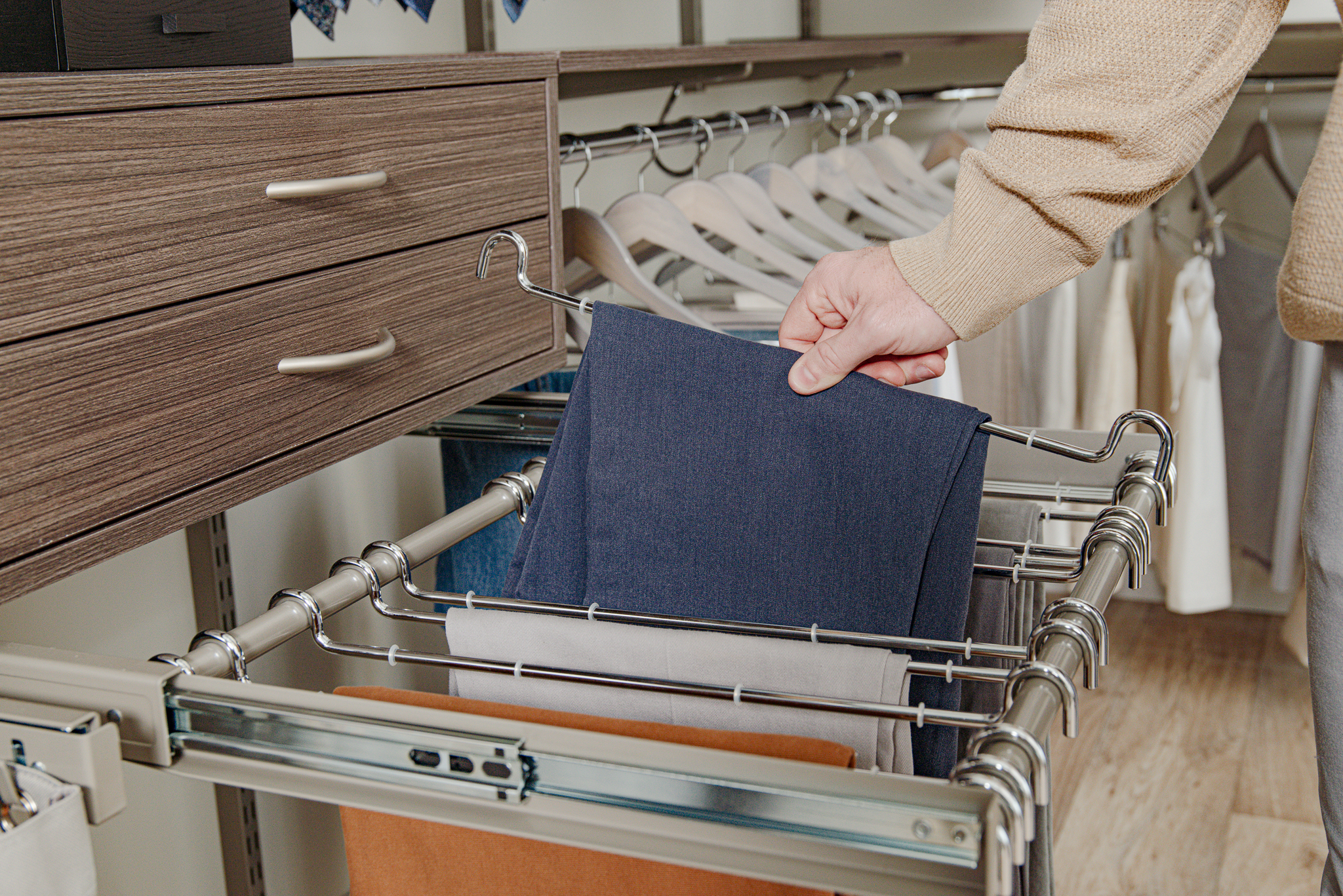
At Organized Living, design is a wellness tool. Our storage solutions are engineered to support not only square footage, but peace of mind.
Encourage Residents to make use of their space intentionally. We’ve created a simple tool you can share: the 5-Minute Organization Challenge — a micro-habit that helps Residents feel more grounded in their space with just a few mindful decisions.
Explore freedomRail® for flexible storage solutions that evolve with your Residents’ needs.
Conclusion
Thoughtful storage is more than a convenience — it’s an act of care in a time when mental health matters more than ever. Investing in organized spaces is investing in your Residents’ quality of life — and your long-term property success.

